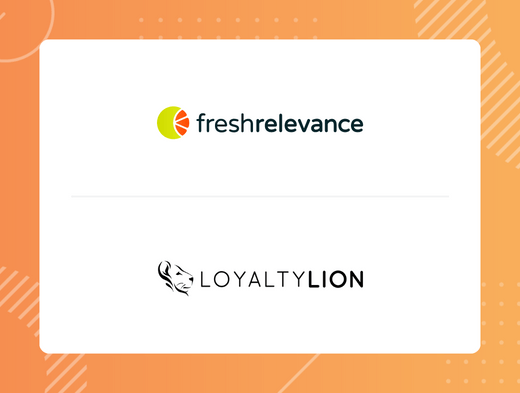41% of consumers say the booking experience has become more important to them post-pandemic, so as a travel brand, it’s important for you to provide an outstanding customer experience to help you stand out from your competitors.
A key way to do this is with geotargeting – also known as location-based marketing – as part of your digital marketing strategy.
What is geotargeting or location-based marketing
Shoppers’ physical locations have a big influence on their interests and needs when engaging with your website or marketing emails.
Geotargeting tactics allow businesses to customize content and tailor product recommendations based on a shoppers’ location data, which leads to a better customer experience and happy shoppers.
How travel companies can use geotargeting
Imagine it’s cold and raining outside. You receive a notification on your phone from your favorite travel provider, offering you a package trip to Jamaica, with flights departing from your nearest airport and accommodation in a resort you’ve wanted to try out for years.
While most consumers haven’t received this level of personalization just yet, it’s easier to deliver than you might think. With geotargeting, marketers can use shoppers’ own locations by using their postcodes or the browser geolocation to deliver targeted email and website content customized to each shopper. And when location-based targeting is combined with behavioral targeting, every aspect of the travel booking process can be tailored to create an experience that delights.
Accommodation providers in particular have made headway in this space. While on vacation, Airbnb sends travelers recommendations of activities to do and places to see in the local area, tailored to their past activities and interests. And a number of hotels provide customers with location-specific information by sharing GPS-enabled pop-up notifications, such as their room number and check-in procedure when they arrive within 5km of the premises.
That being said, the wider travel industry has been slow to adopt geotargeting, despite the fact that relying on a one-size-fits-all approach to marketing can mean missed sales opportunities. According to one study, more than half of customers (63%) will stop buying from brands that use poor personalization tactics. It’s therefore important to target location based audiences, and use geotargeting data together with behavioral data.
Geotargeting can play a significant role in helping to build a better relationship with the customer. Marketing offers can be tailored to the customer’s current context, the moment they are most likely to convert. For example, if a consumer is browsing vacations while it’s raining where they are, that’s a prime moment for brands to highlight deals for locations that currently enjoy sunny weather to encourage the shopper to make a booking. Should the shopper be hesitant to book online and prefer the face-to-face interaction with a travel agent, you could provide them with the details of their closest high-street store.
Similarly, geolocation can make each stage of the actual holiday more convenient for the individual. For example, a traveler who is about to depart will appreciate a service email about the upcoming trip, with the weather forecast at the destination and recommendations on what to pack for the region. Convenience and being helpful lies at the heart of building brand loyalty, so adding value where possible can go a long way in deepening the relationship with the customer. In fact, almost 1 in 3 consumers say they are loyal to travel companies whose websites are easy to navigate and make it easy for them to find relevant trips.
On top of this, using geotargeting as part of your targeting methods can help brands nurture existing customer relationships. For example, for those spontaneous city break bookers, marketers can share last-minute price drop emails for destinations departing from the customer’s nearest airport or train station. Likewise, for frequent flyers who are waiting for a delayed flight, travel companies could send them a voucher with money off a nearby airport restaurant or lounge. Ensuring the experience is relevant and personalized to each customer will mean they are more likely to use the services again in the future.
Geotargeting travel companies have the opportunity to deliver a next-generation experience, where every stage of the customer journey is tailored to the individual. Brands that whole-heartedly embrace this will be in the best position to win customers during the uncertain times ahead.
For more inspiration, find out how 14 travel businesses personalize the online booking journey to boost conversions in our Ultimate Travel CRO Lookbook.
This post originally appeared on Travolution.






